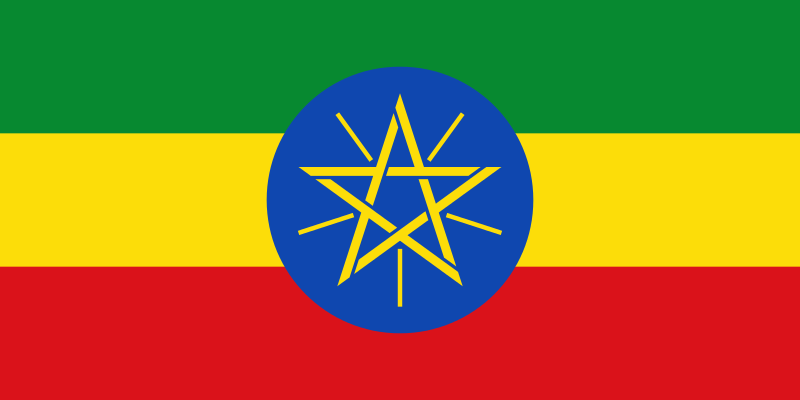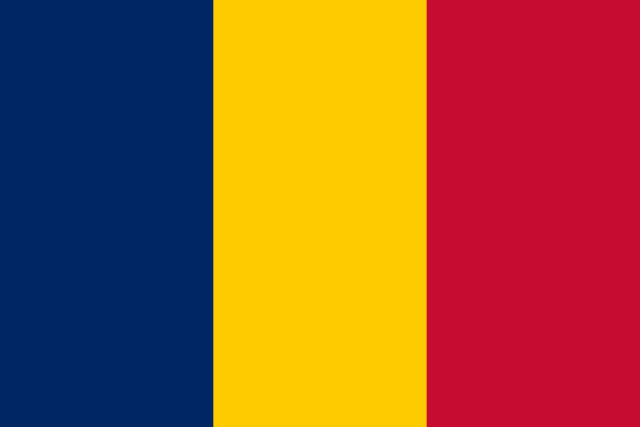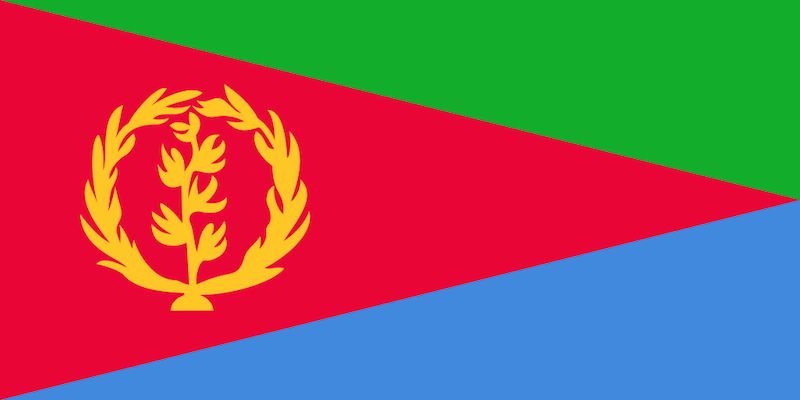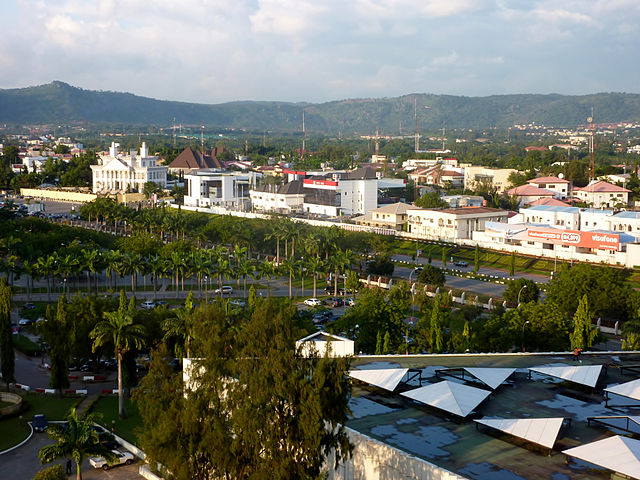Due to elections violence and continued risk of coup during the 2015 Burundian Constitutional Crisis, State Department and DOD pull the plug on Burundi for military and non-military security aid. The huge US peacekeeping training program is halted:
In response to the abuses committed by members of the police during political protests, we are suspending all International Law Enforcement Academy and Anti-Terrorism Assistance training that we provide to Burundian law enforcement agencies.
Recognizing that Burundi’s National Defense Force has generally acted professionally in protecting civilians during protests, the United States continues to value our partnership with the Burundian military and urges them to maintain professionalism and respect for the rule of law.
However, due to the instability caused by the Burundian Government’s disregard for the Arusha Agreement and its decision to proceed with flawed parliamentary elections, the United States is unable to conduct peacekeeping and other training in Burundi. As a result, the United States has suspended upcoming training for the Burundian military under the Department of Defense’s Section 1206 Train and Equip program, as well as training and assistance under the Africa Military Education Program.
We remain deeply concerned that the current crisis will further hamper our ability to support the important contribution of the Burundian military to international peacekeeping.
To get a sense of scale for this news, as previously noted on AFD, via The Wall Street Journal:
After Nigeria — a country 18 times more populous — the U.S. trained more soldiers in Burundi than any other sub-Saharan African country between 2007 and 2014, according to publicly available data from the U.S. State Department. In the first nine months of 2014, 6,298 soldiers from the tiny country went through courses including advanced special operations, language classes and counterterrorism studies.
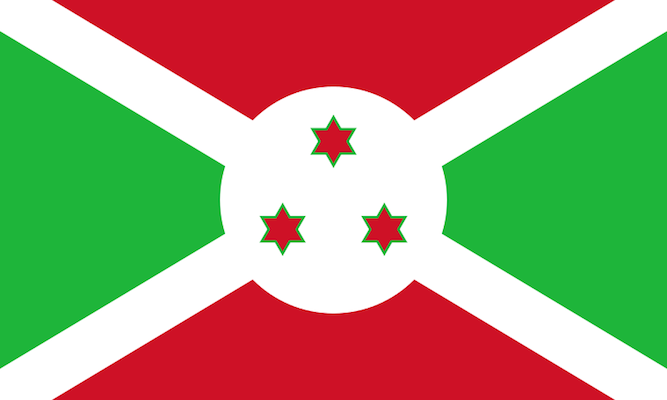
Flag of Burundi




